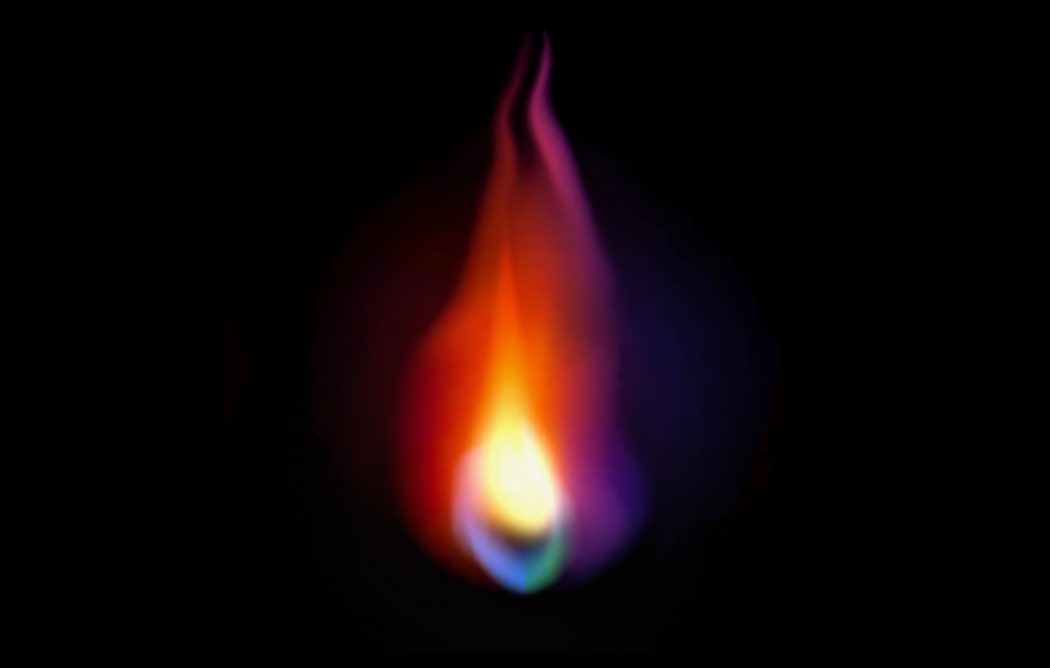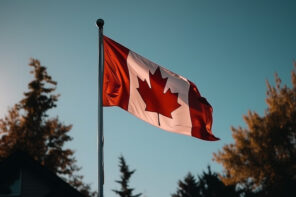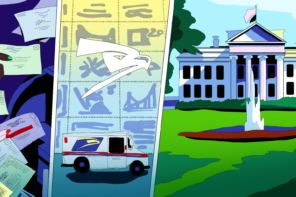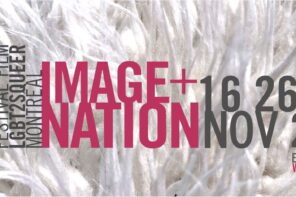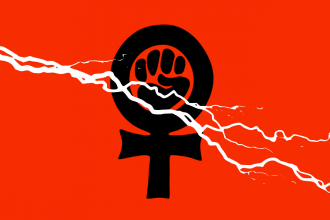Content warning: violence, antisemitism, homophobia.
I learnt about the death of Blaze Bernstein during the long, hot summer of 2020. I was sitting on my couch during the early days of the COVID-19 lockdowns. It was the peak of the George Floyd protests, and my Instagram feed was inundated with snapshots of people demonstrating downtown.
I think all the tragedy must have shifted my YouTube algorithm, because I soon encountered a video with a thumbnail of a smiling, teenage boy who looked like he was selected from a pool of my friends. The NBC feature told me about the story of a college sophomore from the University of Pennsylvania, only two years older than me. He was a pre-med student who loved cooking and creative writing. In early 2018, when visiting his family in California over winter holidays, Blaze went out to meet up with a former classmate. On the date, the suspect fatally stabbed Blaze. California prosecutors have since classified the death as a hate crime.
I was stunned. How had this modern day nightmare never come up in class, among friends, or even at least during Shabbat dinners at home? The only other article written by a young person I could find online on the topic was an excellent and thought-provoking tribute written by a fellow student journalist at my university, Hani Abramson, to whom I give full credit for inspiring this article. The story burrowed deep into me, rooting itself inside my stomach like an invasive species of plant. Like Blaze, I attended an arts high school in a liberal city. Like Blaze, I am a writer, an activist, and a proud Jewish person. These aspects of myself are not just outward displays of identity; these are the organs that sustain me.
I was incredulous to realize how a hate crime like this could happen in North America, and to someone whose life so much resembled my own and so many of my friends. To my disgust, the comment sections of Blaze’s tributes were infested with coded, antisemitic dog whistles, most of which remain unreported on YouTube. I felt powerless and angry. It appeared that the hatred of previous centuries was experiencing a renaissance in modern-day America.
A hate crime against members of my faith now feels as inevitable as contracting cancer.
A lot has changed in the four years since Blaze’s passing, but this violent streak of North American life has unfortunately festered. In 2018, a white supremacist slaughtered eleven people in the Tree of Life Synagogue in Pittsburgh in broad daylight. Just earlier this year, a terrorist held a group of congregants hostage in a reform synagogue in Colleyville, Texas. With each new headline appeared on my feed, antisemitism began to no longer feel like essay assignments for a history class. Instead, a hate crime against members of my faith now feels as inevitable as contracting cancer.
For weeks after reading about Blaze’s tragic death, I walked around with an extra sense of unease. When classes resumed in-person the next fall, I kept my Star of David hidden underneath my sweater. In my experience, it was easy to speak up about homophobia in class, but I grew exhausted when discussing antisemitism with my peers. Students had already established a pecking order of what groups in our world deserve sympathy, and whose pain we dismiss. In a campus climate driven by simplistic infographics reposted on social media and surface-level activism, explaining this form of prejudice to others fell on deaf ears.
I thought about how Jewish people today face conspiracy theories that we manipulate world events, wield too much economic influence, and are replacing white people in North America. On the political left, we are unfairly lumped together with the Israeli government’s expansion into occupied territories of Palestine…as if a Jewish family in Montreal or San Diego has any control over what an IDF soldier does in the West Bank. I remembered an ex’s comments about the influence of “Jewish money” at a party, and my mind wandered to a political science conference that grew a little too sinister when talking about “the Zionists” — to the point where you could tell students were no longer talking about land rights in good faith. Pretty soon, I was overwhelmed.
However, my bitterness soon met its match. A few weeks after falling into my initial YouTube rabbit hole, I stumbled upon an organization created in Blaze’s memory, entitled, “Blaze It Forward.” Every year, on January 17th, Blaze’s parents, Gideon and Jeanne, encourage people across the world to commit intentional, random acts of kindness for others.
The online community reminded me that Blaze’s life teaches us to resist hate and discrimination in all forms.
Scrolling through their Facebook page, you can see examples of these incredible deeds. A woman recently knitted a blanket for a homeless person in her community. Another post shared an anecdote about helping a Holocaust survivor find a special brand of jam in the grocery store. In the wake of unimaginable tragedy, when most parents would become paralyzed with grief, Gideon and Jeanne wake up and continue to choose kindness.
I was also impressed by the wide variety of causes that Blaze it Forward championed. Contributors shared posts about overcoming homophobia, yes, but they also shared stories of combating Islamophobia, anti-Black racism, and transphobia. While I took a particularist approach when responding to Blaze’s death — namely, I considered how Blaze’s death intersected with my own identities — the online community reminded me that Blaze’s teaches us to resist hate and discrimination in all forms.
Today, April 27th, would have been Blaze’s 24th birthday. I choose to commemorate this day rather than the day of his passing, because I think I would rather remember Blaze by how he lived. Even still, we do not need a singular day to honour Blaze’s goodness and kind heart. We can remember his life by continuously embodying the traits he stood for throughout the year: traits such as kindness, creativity, and sticking our neck out for others.
Blaze’s life teaches us to live every moment with passion and integrity. He teaches us to cook meals, write poems, and to embrace every aspect of who you are. These are traits that outlive us and cannot be conquered by an external force, be it a cowardly neo-Nazi, an extremist terrorist, or a pathetic white supremacist. These are traits that survive.
Though we have never met, I swear to live by you, Blaze.
May your memory be a revolution.

